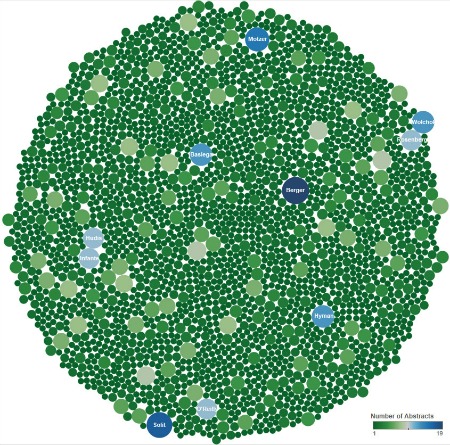Here are a few newsworthy items in the world of cancer research
- Evidence supports an association between casual alcohol consumption and seven different cancer types: oropharynx, larynx, esophagus, liver, colon, rectum and female breast cancers. Read more on this connection in the journal Addiction.
- New research out of Sanford Health finds that the antipsychotic agent olanzapine could reduce nausea and vomiting caused by chemotherapy. The findings were published in the New England Journal of Medicine.
- A recent study led by scientists at the National Cancer Institute highlighted ways in which breast cancer tumors can evade chemotherapy intervention. The findings were reported in Nature.
- A mice study carried out by cancer researchers in the UK found that that the anti-malaria drug atovaquone has potential to stop tumors from having a low-oxygen environment (hypoxia) during radiotherapy. Read more on this discovery in Nature Communications.
